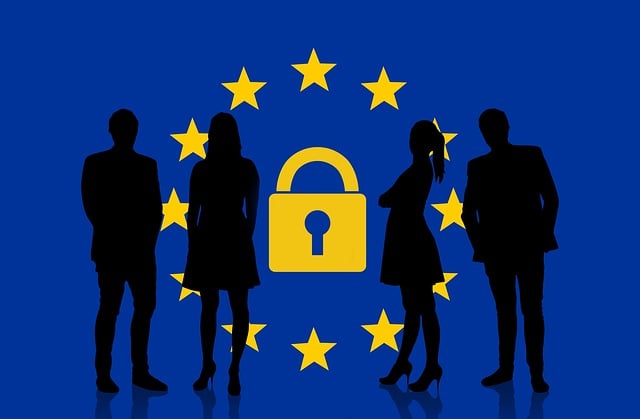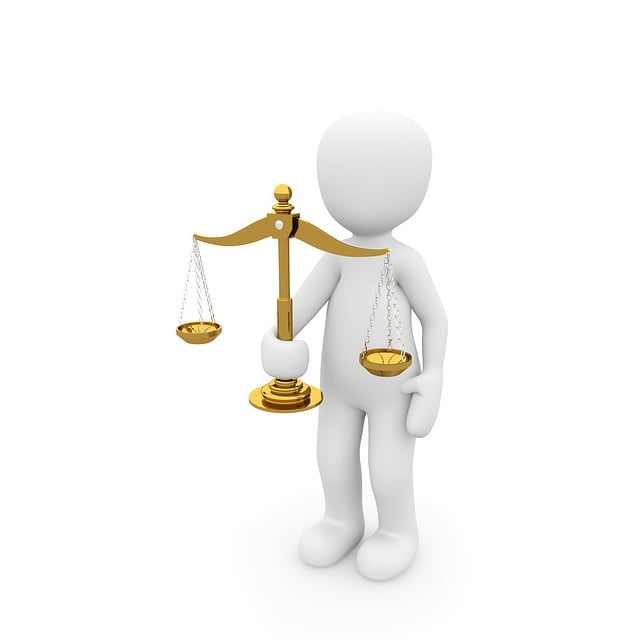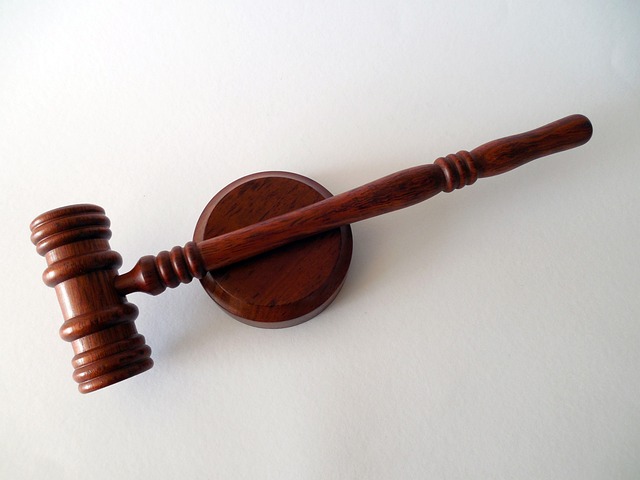Understanding consumer protection laws, mirroring criminal procedure litigation with investigation, filing, and trial phases, is vital for businesses to avoid lawsuits, maintain reputations, and employ successful white-collar defense strategies that protect consumer trust and ensure business continuity. Retaining an experienced attorney specializing in these steps is crucial for navigating complex consumer protection suits.
Consumer protection suits play a vital role in ensuring businesses uphold ethical standards and safeguard consumer rights. This article guides you through the intricate process, from understanding foundational consumer protection laws to initiating legal proceedings and navigating the complex landscape of criminal procedure litigation. By breaking down these key steps, we empower consumers and business alike to ensure fairness and accountability in today’s marketplace.
- Understanding Consumer Protection Laws
- Initiating Legal Proceedings: Steps for Plaintiffs
- Navigating Criminal Procedure in Consumer Cases
Understanding Consumer Protection Laws

Understanding Consumer Protection Laws is a cornerstone for both businesses and consumers alike. These laws are designed to safeguard individuals from deceptive practices, ensuring fair transactions in the market. The framework typically involves a series of steps akin to those in criminal procedure litigation, such as investigation, filing, and trial. During an investigation, relevant agencies or private attorneys gather evidence to identify potential violations, mirroring the fact-finding phase in criminal cases.
Knowing these laws is crucial for businesses aiming to avoid costly lawsuits and maintain their reputation. A robust white collar defense strategy can help companies achieve extraordinary results by challenging questionable allegations. Ultimately, a well-prepared defense may lead to the complete dismissal of all charges, ensuring business continuity and protecting consumer trust.
Initiating Legal Proceedings: Steps for Plaintiffs

When initiating legal proceedings for consumer protection suits, plaintiffs must navigate a series of steps akin to the stages of criminal procedure litigation. The process begins with identifying potential violations and gathering substantial evidence to support claims. This involves delving into financial records, contracts, and any relevant communications that highlight unfair or deceptive practices by the respective business.
Plaintiffs then file a complaint, articulating the specific allegations and seeking redress. Legal experts recommend strategic pleading, focusing on clarity and providing enough details for a clear understanding of the case. Given the complex nature of consumer protection laws and the potential for high-stakes cases, having an attorney with an unprecedented track record in handling such matters is pivotal.
Navigating Criminal Procedure in Consumer Cases

Navigating the complex landscape of consumer protection suits often involves understanding the intricate steps within criminal procedure litigation. This process is designed to protect consumers from fraudulent or malicious practices, ensuring justice and deterrence. The initial stages typically begin with an investigation by law enforcement or regulatory agencies, which may lead to charges against individuals or entities responsible for harm. Unlike civil cases focused on compensation, criminal proceedings aim to establish guilt and impose penalties, including fines, imprisonment, or both.
The general criminal defense strategy in consumer cases plays a crucial role in avoiding indictment. Defense attorneys advocate for their clients’ rights, challenging the prosecution’s evidence and presenting exculpatory information. This strategic approach considers the interests of not only the accused but also the philanthropic and political communities, ensuring that justice is served without undue punishment or bias. The steps in criminal procedure litigation demand careful navigation, requiring a deep understanding of legal procedures and the ability to present compelling arguments to protect consumer rights.
In navigating consumer protection suits, understanding both civil and criminal procedures is paramount. By following the outlined steps in criminal procedure litigation, plaintiffs can ensure a robust legal approach. From initiating proceedings to effectively navigating these processes, consumers can hold businesses accountable and protect their rights. Remember, each case is unique, so seeking legal counsel for personalized guidance is always advisable.






